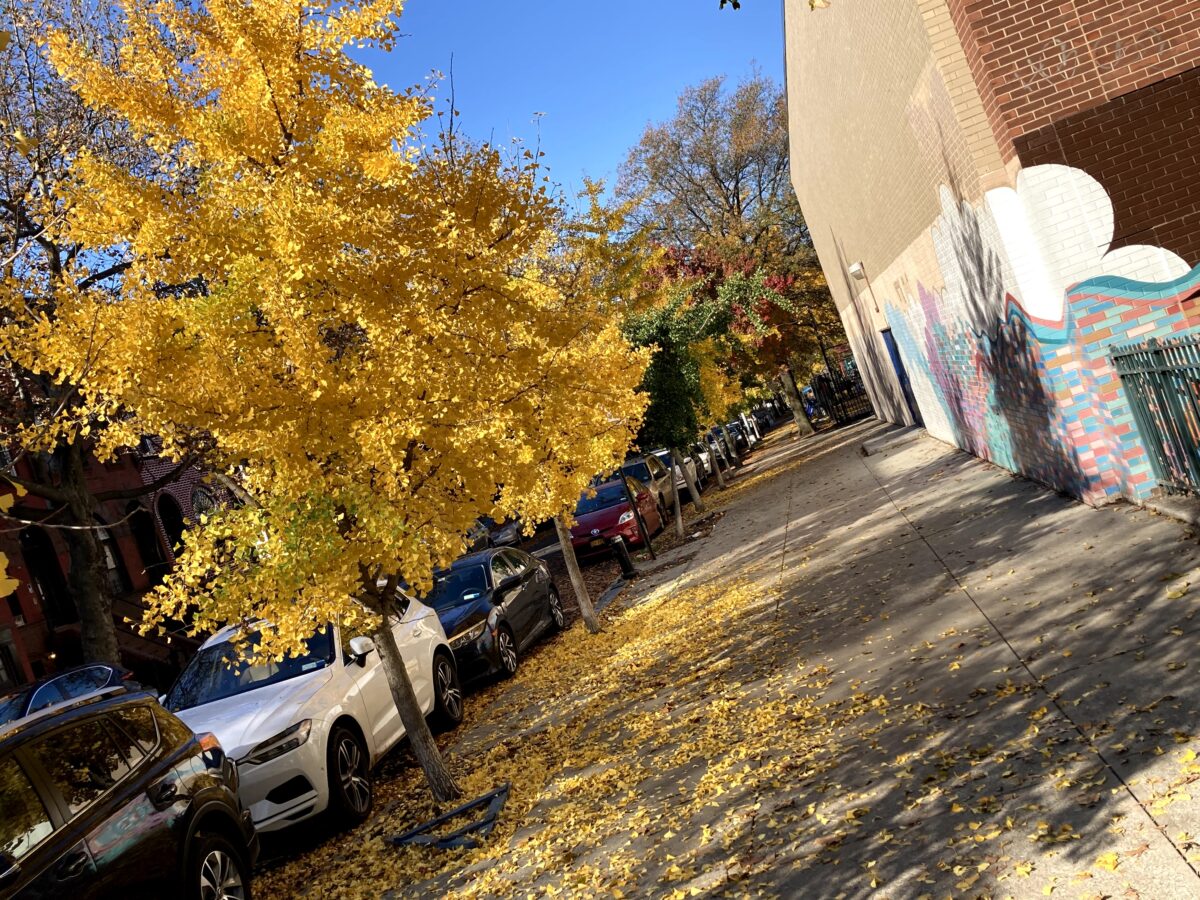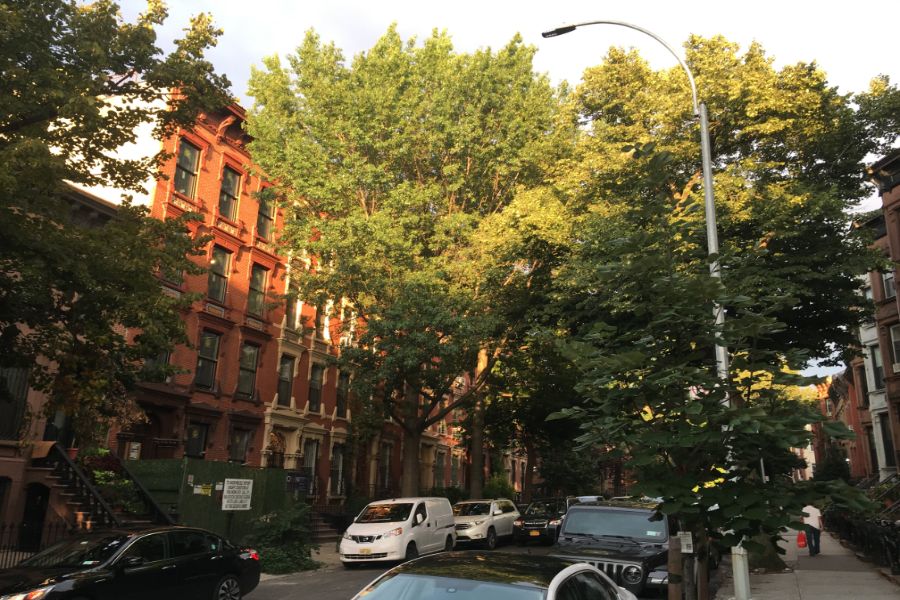January 16, 2024
A porous crystalline soil

Have you ever forced yourself to read a book to the end, hoping it would get better, but it never did?
Have you ever watched a movie that meandered on in pointless directions that lent nothing to the plot, and left you questioning why the hell you kept on watching?
This is a universal human experience that surfaces a cocktail of difficult and complex emotions.
You feel shocked that something which supposedly held such promise couldn’t quite get it together. You feel sad that the quality just isn’t what it could be, or used to be. You feel angry that you wasted your precious time pursuing such a fruitless endeavor. You feel guilty shitting on something that so many people worked so hard to try and make successful. And finally, you feel embarrassed that society couldn’t create something better, and apparently this is the best we can do.
Amazon has tens of thousands reviews that voice this very sentiment. What’s interesting is, this experience doesn’t just apply to books and movies. Sometimes people and places can have this effect on you.
I once did a walking tour of what I remember to be a thriving city.
But to my dismay when I arrived, it had been devastated by the pandemic. And not just a couple of gloomy streets or neighborhoods. The whole place felt deserted, disgusting and apocalyptically empty. There were still some hot spots that I enjoyed, but the more I walked around, the worse it seemed to get. The movie never got better.
And I’m about the most fundamentally optimystical person there is. I can see the bright side of just about everything.
But the whole time I toured the city, my customary positivity felt muted. Like after a blizzard when a blanket of snow creates a quieting effect on the landscape because the space absorbs the sound waves.
It was like that, but for joy. What a shitty feeling to have.
What I found myself saying internally was, this isn’t you. These aren’t your feelings. These are real feelings, but they belong to somebody else. They’re from somewhere else. You simply inherited them by virtue of proximity. It’s not your fault.
Look, the human heart is a porous crystalline soil where even the most toxic vapors can be scattered. The learned helplessness framework of not viewing things as personal, permanent or pervasive, that’s critical for navigating such experiences.
That narrative helps me feel better. It gives me peace.
How well do you regulate your empathy? Do you ever take on other people’s and other place’s hardships as if they were your own?
My suggestion is telling yourself the following story.
I accept these feelings are weather patterns that come and go. I release my responsibility for whatever caused these feelings. I trust that it’s not my place to fix all the problems in this world. I allow the shock, sadness, anger and guilt to flow through me without any attachment.
If possible, try reciting these affirmations two times. Once when you’re in the middle of a difficult experience, and again when you’re past it.
The first time is for acknowledgment, when you’re not quite sure what you’re feeling, but know it’s not yours. And the second time is for reflection, when you have enough distance from the experience to see it for what it was.
If it helps, witness your situation from third person perspective. See it as if you were a genuinely objective bystander who is able to see and know all. More often than not, you’ll be able to zoom out and think, well of course you feel this way around these people in this particular environment.
I think what’s so difficult about empathetic regulation is, you feel like a lesser version of yourself. The shadow gets activated and you experience facets of your identity that gross you out.
And that’s okay. As I wrote in a song of mine, just because it’s a part of you doesn’t mean it’s the heart of you.
Just because something identifies you doesn’t mean it defines you.
I think back to certain jobs that had a similar impact on me as my walking tour did. It’s like working at certain companies was like watching a stupid boring movie, hoping it would get better. But it never did. All the job seemed to do was unearth the cynical, depressed version of me.
It wasn’t my fault, it was just the company culture’s inevitable footprint on all who participate.
If you’re feeling that way right now, just know that you’re not totally screwed.
Remember, hope is not installed, but rather called forth. Whatever cocktail of difficult emotions is coursing through your veins right now, see if you can regulate your empathy through a more strategic narrative.
Tell yourself a story about how you’re going to meet valuable insight on other side of it. Trust this isn’t you, these aren’t your feelings, and they belong to someone or somewhere else.
And make sure there’s not a hobo peeing on your shoes.
How will you separate what’s yours from what’s theirs?

